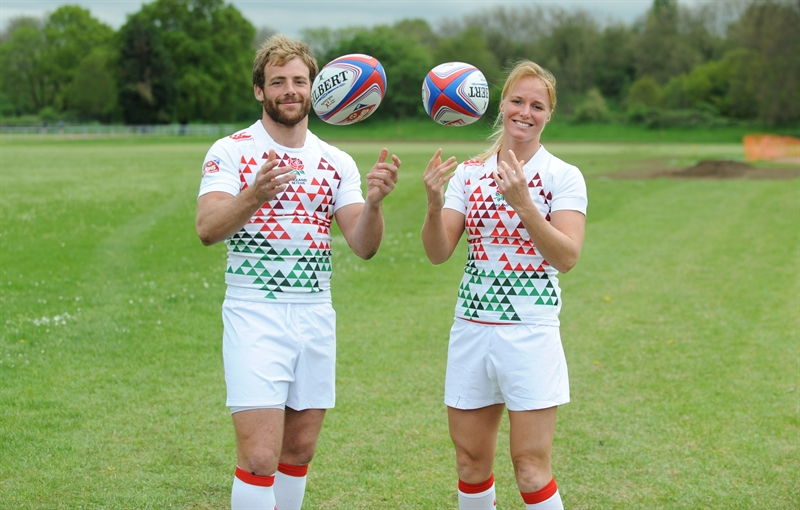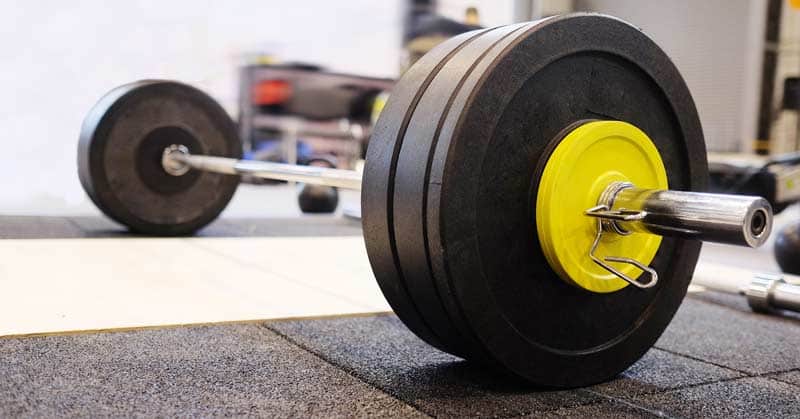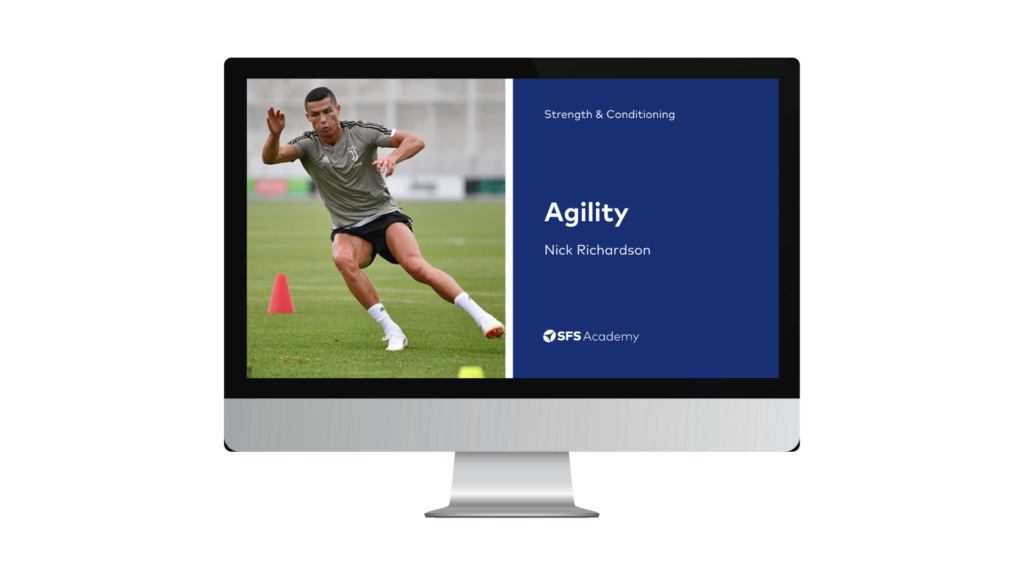This week in the world of sports science, here’s what happened…
- How Dimitry Bivol trains for rotational power
- Difference in injury incidence rates in female and male youth rugby players
- Can athletes accurately estimate barbell velocity?
How Dimitry Bivol trains for rotational power
Boxing Science released yet another excellent video this past week and feature again in SFS Weekly. In the video, Danny Wilson of Boxing Science reviews how undefeated world light-heavyweight champion Dimitry Bivol trains for rotational power.
Bivol performs various exercises such as isometric holds from a rotational position, banded rotations, skater hop medicine ball throws and a rotational control movement with a barbell. What I really like about this video is how Wilson provides an excellent analysis of Bivol’s exercise choices. Wilson links Bivol’s exercises to his boxing style and brilliantly illustrates how strength and conditioning should connect to sporting performance. Wilson also provides some excellent regression exercises for rotational power development.
This video is an excellent watch for strength and conditioning coaches of any sport looking to increase their athlete’s rotational power.
We were lucky to have Wilson as a guest on the Science for Sport podcast previously and his episode is well worth checking out: How World Champion Boxers Train For Elite Punching Power
Difference in injury incidence rates in female and male youth rugby players

A recent study comparing injury rates between male and female youth Rugby Union players was published. In the study 361 female and 429 male high-school league rugby players were analysed over two seasons. Injury surveillance and training session attendance were documented for each individual player, allowing the researchers to determine injury incidence rates.
The results of the study were very alarming. Injury incidence rates in matches for females were 62% higher than their male counterparts. Females were also 75% more likely to get injured during a tackle. Worryingly, concussion incidence rates for females were 70% higher than the male concussion incidence rate as well.
The results clearly indicate the need for better female injury and concussion-preventative strategies for female youth rugby players. It is worth noting that while the study was published last week, the data was from 2018 and 2019. This year we have seen much more awareness surrounding injury preventive strategies for females (ACL awareness, Q-Collars, and Phantom Luna football boots). So hopefully, new future data will provide a better outlook for female athletes which is severely needed. Nonetheless, the results of the study are awfully concerning.
Can athletes accurately estimate barbell velocity?

I came across a very interesting study being discussed online in the past week. The study examined if resistance-trained individuals can accurately perceive changes in barbell velocity. The participants performed three sets of Deadlifts at 60 and 80% of their one-repetition-maximum. Participants were asked to terminate each set when they felt the barbell velocity had reduced by 20% relative to the first rep in the set.
Remarkably, the results of the study showed that there was only a 10.5% probability that participants could perceive at least 20% velocity loss had occurred in their set. These results indicate that the athlete’s perception of barbell velocity is far from accurate.
Therefore, it is best practice to use Velocity Based Training technology to monitor barbell velocity rather than individual perception. We have a fantastic blog (here) on Velocity Based Training which is well worth checking out. Also, we have a free downloadable Velocity Based Training guide which can be found here.
From us this week:
>> New course: Upgrading Athletic Movement
>> New podcast: Return From Injury Better Than Ever With Elite Pitch-Based Rehab
>> New infographic: Compression Garments: Do They Actually Work?
>> New article: Cluster Sets
Access to a growing library of sports science courses
SFS Academy is an all-access membership to premium sports science education.
With SFS Academy, you’ll learn from some of the best coaches around the world as they teach you how to apply the latest research and practice with your athletes.
Get instant access when you join today on a 7-day free trial.
I hope you enjoyed this week’s roundup of the hottest sports science news, and as always, we’ll be back next week with more to keep you at the forefront of the industry.



